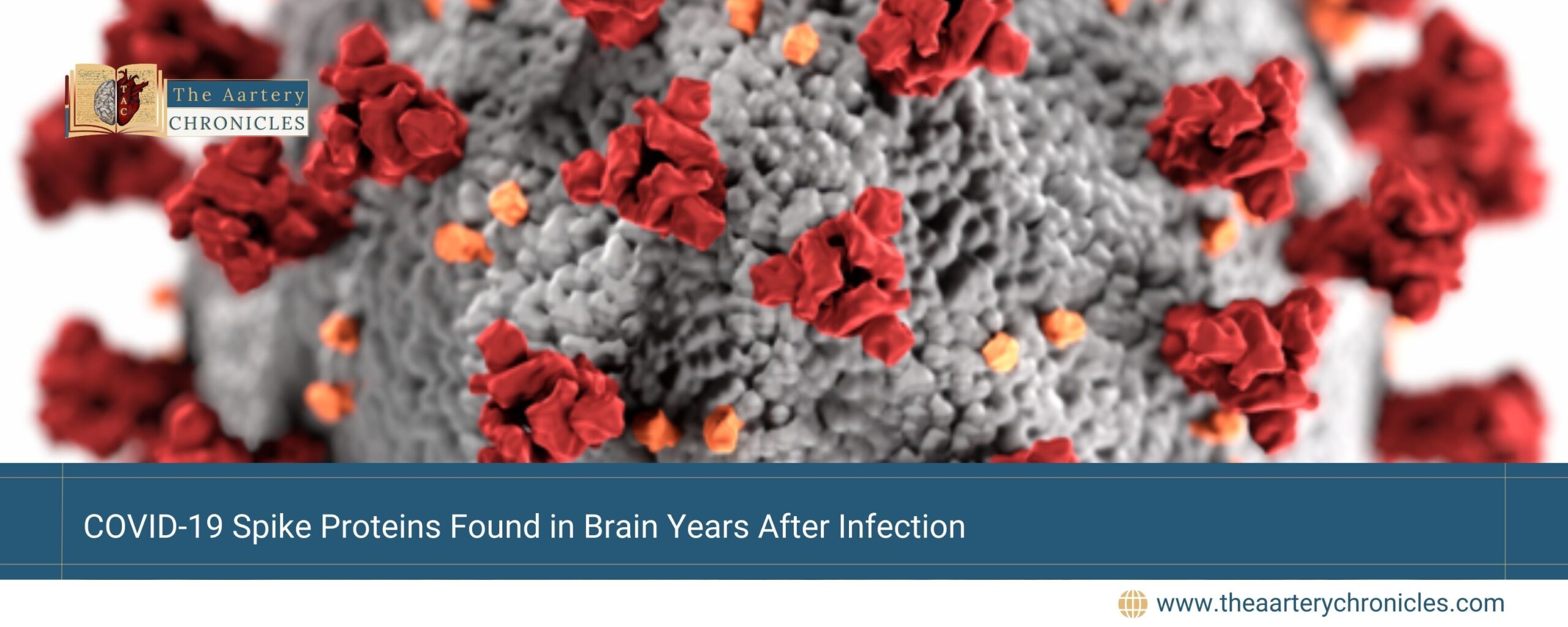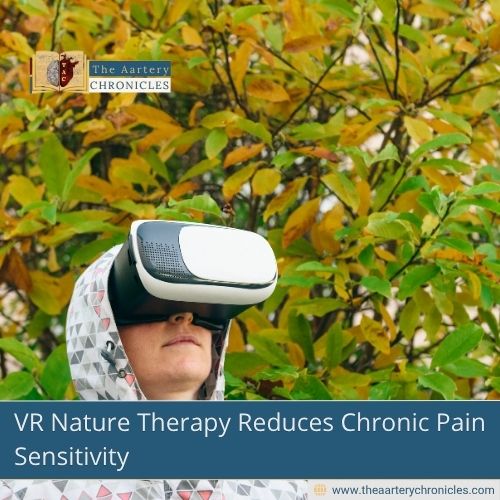

COVID-19 Spike Proteins Found in Brain Years After Infection
Introduction
A German study has revealed that SARS-CoV-2, the virus responsible for the COVID-19 pandemic, may remain in the skull and brain for years after infection. Researchers from Helmholtz Munich and Ludwig-Maximilians-Universität (LMU) discovered that the virus’s spike protein lingers in the brain’s protective layers, known as the meninges, as well as in the bone marrow of the skull.
Chronic Inflammation and Neurological Risks
These spike proteins, which help the virus invade human cells, are linked to chronic inflammation in affected individuals. According to the study, this inflammation may elevate the risk of neurodegenerative diseases and accelerate brain aging. Prof. Ali Ertürk, a lead researcher from Helmholtz Munich, warned that these effects could result in the loss of five to ten years of healthy brain function.
Connection to Long Covid Symptoms
The study, published in Cell Host & Microbe, provides insight into long Covid, a condition experienced by about 5–10% of those infected. Symptoms like headaches, sleep disturbances, and “brain fog”—a form of cognitive impairment—may be linked to the persistent presence of spike proteins in the brain. With an estimated 400 million people potentially affected globally, this discovery underscores the scale of the issue.
Role of Vaccines in Reducing Risks
Vaccines against Covid-19 significantly reduce the accumulation of spike proteins in the brain, according to the research. However, the study noted that this reduction is only about 50% in mice, leaving residual spike proteins that may still pose a threat to brain health.
Advanced Imaging Techniques Reveal Hidden Damage
To conduct the research, scientists developed a novel AI-powered imaging method. This technique provided detailed, three-dimensional visualizations of viral proteins in tissue samples from COVID-19 patients and experimental mice. The analysis showed high concentrations of spike proteins in the meninges and skull’s bone marrow, even years after the initial infection.
Why the Spike Protein Targets These Regions
The study found that spike proteins bind to ACE2 receptors, which are highly concentrated in the meninges and skull bone marrow. This binding is believed to contribute to the prolonged presence of the virus in these areas.
Conclusion
These findings highlight the need for continued research into the long-term effects of Covid-19 on brain health. While vaccines offer significant protection, residual risks remain, emphasizing the importance of monitoring and understanding the full scope of long-term COVID-19.
This research not only advances our understanding of the virus’s impact on the brain but also raises critical questions about long-term strategies to mitigate its effects on global health.
Source: Inputs from various media Sources









